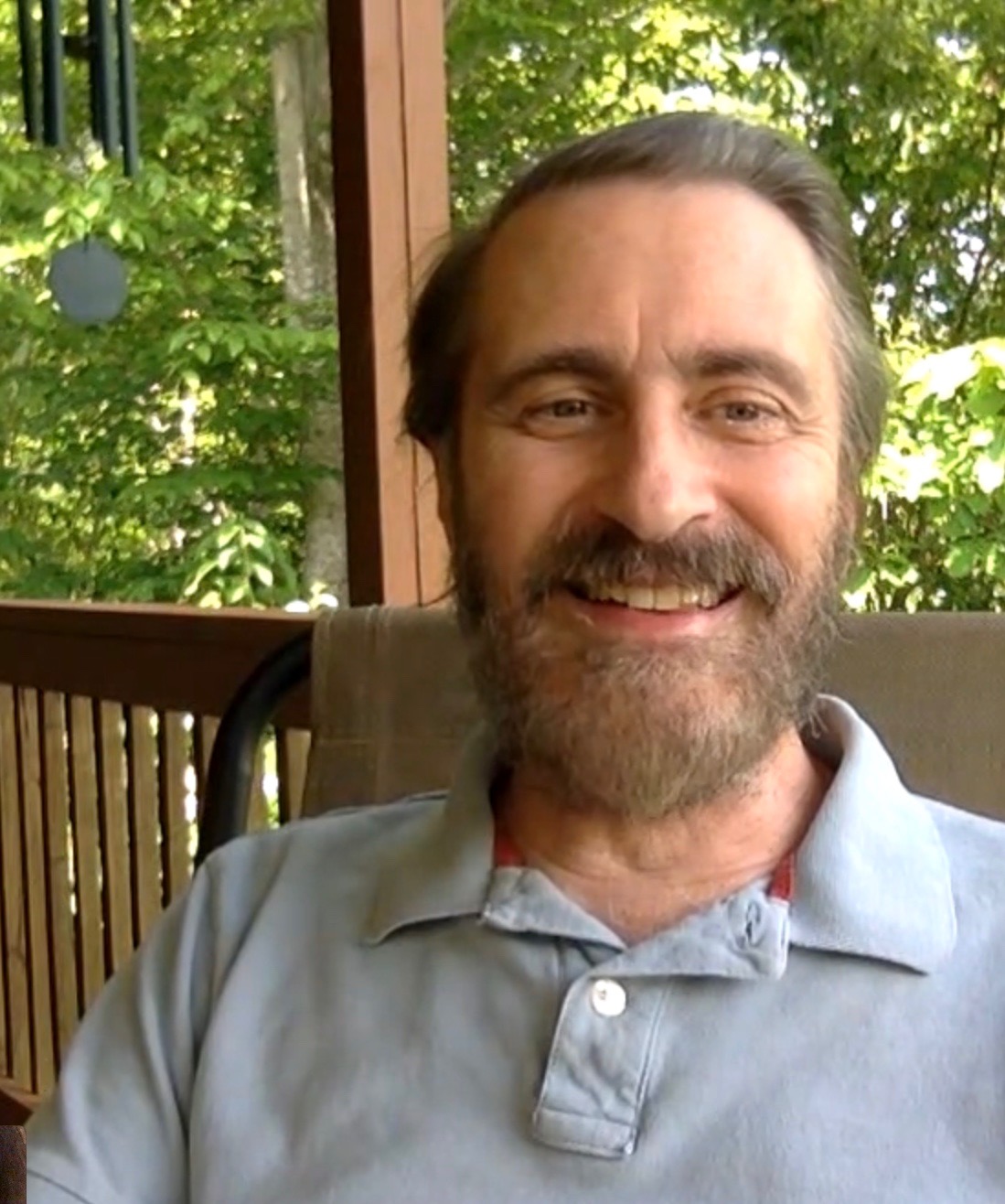Articles on Early First Fruits
Messiah in the Feast of First Fruits
Written by Glenn Kay
Messiah in the Feast of First Fruits
Biblical Institution of the Feast
Key Passages:
Lev 23:9-14
I Cor 15:20-24
Just how theses two passages are related will be understood as we go through the passages and the teachings contained in them.
Names of the Feast
This feast to the Lord really has two names:
Yom HaBikkurim - or Day of the First Fruits
The first products of the grain harvest
The beginning of the production of the harvest season
It can be viewed as "the promise of more to come" - which will be a key to our understanding of this feast day as we go on. ...

Feast of "Firstfruits"
Written by John Parsons
T he day following the first day of "Unleavened Bread " is called Reishit Katzir, the "beginning of the harvest" (sometimes confusingly called the Feast of Firstfruits). In ancient times, on this day a sheaf (omer) of barley (the first grain crop to ripen) was waved before the LORD in a prescribed ceremony to mark the start of the counting of the omer, thereby initiating the forty nine day countdown to the harvest festival of Shavu'ot:
And the LORD spoke to Moses, saying, "Speak to the people of Israel and say to them, "When you come into the land that I give you and reap its harvest, you shall bring the sheaf (omer) of the first (reshit) of your harvest (katzir) to the priest, and he shall wave the sheaf before the LORD, so that you may be accepted. On the day after the Sabbath the priest shall wave it. And on the day when you wave the sheaf, you shall offer a male lamb a year old without blemish as a burnt offering to the LORD." (Lev. 23:9-12)
In other words, on this day the priest would wave a sheaf (omer) of green barley before the LORD as a symbolic gesture of dedicating the coming harvest to Him.
When was the Wave Sheaf Offering Made?
There is some controversy about precisely when the wave offering (called tenufat HaOmer) was performed, since the phrase "the day after the Sabbath" can refer to either:....

Should Believers in Yeshua Keep the Jewish Feasts?
Written by Sam Nadler
I've been encouraged to see all the young people wearing WWJD wristbands. I was delighted to think that when they were going through their day, facing challenges or perhaps in a 'moral crisis', they would ask themselves, "What Would Jesus Do?" I prayed for them to have the courage to then follow through on their faith in those challenging moments.
As time has passed I've seen fewer and fewer WWJD wristbands, and I figured another fad has come and gone. At my age, I've seen so many fads pass by, I feel like I'm at a NASCAR race! But I've thought about WWJD a bit more and realized how difficult it must be for people wanting to understand "What Jesus would do?", especially when looking at the New Covenant Scriptures outside of their natural Jewish setting. Perhaps it would be more helpful to wear a WWYD wristband...
What Would Yeshua Do?
When we see Yeshua from a Jewish frame of reference it becomes easier to figure out just what He would do. Like on holidays, for instance, we know what Yeshua would do, and what He wouldn't. We know from Scripture that Yeshua celebrated Hanukkah (John 10:22,23), the Feast of Tabernacles (John 7:2,37) and Passover. In fact, the reason that we know Yeshua ministered for three + years is that John's Gospel records three Passovers that Yeshua celebrated (John 2:23; 6:4; 13:1). Which brings me to my point: celebrating Messiah's Resurrection in light of Passover.
Today in Christendom it's amazing how many churches expect a large turnout for Easter, and yet never expect those same people to return for the following week's service. For many, rather than a celebration of the empty tomb, Easter is a "religious" holiday with an empty message; but, it doesn't have to be this way. "What would Yeshua do?" at this time of year?
Can you imagine Him (or any of the Apostles) painting Easter eggs, "pigging" out on chocolate Easter bunnies, or trying on a new Easter bonnet: "with all the frills upon it"?! It seems that God's people are so preoccupied during this time of year that we've become distracted with man-made ideas, and forgotten the beautiful truths that our faith is founded upon.
Yeshua, the Apostles, and all the first century believers understood the resurrection in light of the prophetically central events of Passover and First Fruits. With the ultimate focus of our redemption being the "Lamb of God", Passover helps us understand the meaning of redemption, and the absolute necessity of "new resurrection life", in Yeshua (see John 1:29, 1 Peter 1:19-21). In fact, in order to continually appreciate the new life that we have in the Lord, Paul expected all believers to keep the feast of Passover (1 Corinthians 5:7,8). Thus, "Passover redemption" is the foundation of our "First Fruits resurrection"...
